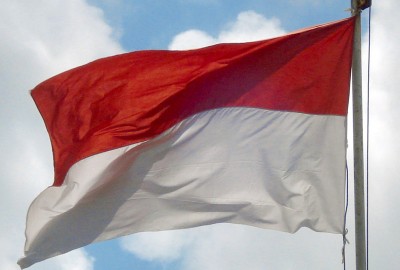
Today, on 17 August, the Indonesians, including Balinese community, celebrate their Independence Day. Indonesia proclaimed its independence as a sovereign state on 17 August 1945.
On this occasion let’s make an excursion into history:
Beginning in the sixteenth century, successive waves of Europeans—the Portuguese, Spanish, Dutch and British—sought to dominate the spice trade at its sources in India and the ‘Spice Islands’ (Maluku) of Indonesia.
The first Europeans arrived in Indonesia in 1512, when Portuguese traders, led by Francisco Serrão, sought to monopolize the sources of nutmeg, cloves, and cubeb pepper in Maluku. Dutch and British traders followed. In 1602 the Dutch established the Dutch East India Company (VOC) and became the dominant European power. Following bankruptcy, the VOC was formally dissolved in 1800, and the government of the Netherlands established the Dutch East Indies as a nationalized colony.
For most of the colonial period, Dutch control over these territories was tenuous; only in the early 20th century did Dutch dominance extend to what was to become Indonesia’s current boundaries. The Japanese invasion and subsequent occupation during World War II ended Dutch rule, and encouraged the previously suppressed Indonesian independence movement. Two days after the surrender of Japan in August 1945, Sukarno, an influential nationalist leader, declared independence and was appointed president.
Related links: Republic Of Indonesia Home | wikipedia Indonesia